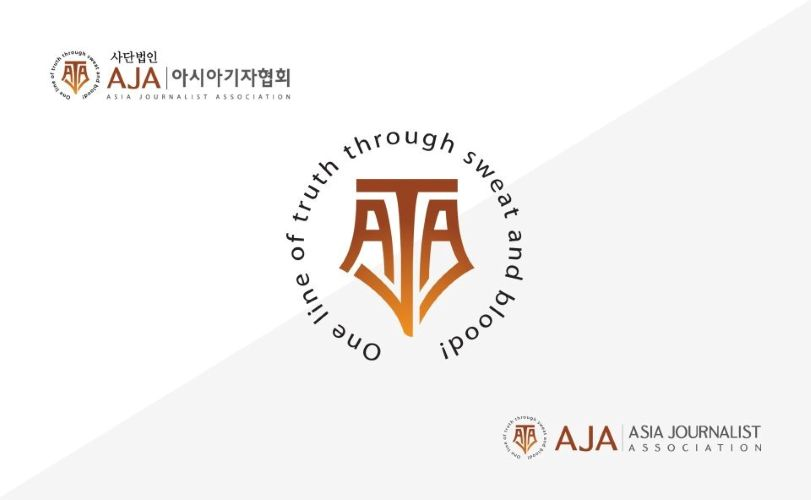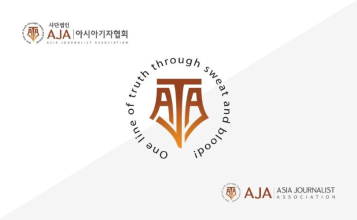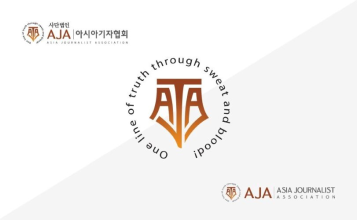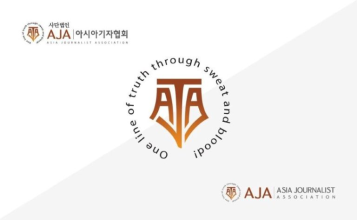AJA Newsbites – July 12, 2025

AJA Newsbites is a curated roundup of major news and developments from across Asia, brought to you by members of Asia Journalist Association (AJA)
Lee Sang-ki, THE AsiaN, Korea
President Lee Jae-myung has completed his first Cabinet by appointing Choi Hwi-young, former CEO of Naver, as Minister of Culture, and lawmaker Kim Yun-deok as Minister of Land, Infrastructure and Transport.
Earlier, Ha Jung-woo, former head of AI at Naver, was named Chief of AI Strategy in the presidential office, while Han Seong-sook, Naver’s first female CEO, was nominated as Minister for SMEs and Startups.
With multiple former Naver executives assuming key government positions, opposition lawmaker Ahn Cheol-soo raised concerns, referencing the Seongnam FC sponsorship scandal. He questioned, “Is this favoritism toward Naver a case of political repayment?”
Chhay Sophal, Cambodia News Online, Cambodia
On Friday, all 125 members (100%) of the Cambodian National Assembly unanimously approved a constitutional amendment to Article 33 concerning the revocation of Cambodian citizenship.
The bill paves the way for the establishment of a legal framework to revoke the citizenship of any Cambodian who commits treason or engages in actions that seriously harm the interests of Cambodia and its people, particularly in collusion with foreign countries.
The newly proposed amendment to Article 33 states: “Cambodian citizens may not be deported or extradited to any foreign country, except by mutual agreement. Cambodian citizens living abroad are protected by the state. The acquisition and loss of Cambodian citizenship, including revocation, shall be determined by law.”
This bill was introduced following incidents involving some Cambodians living abroad—particularly those holding dual citizenship—who criticized the Cambodian government during its border disputes with Thailand. These individuals appeared to side with Thailand rather than supporting Cambodia, their country of origin.
Nasir Aijaz, Sindh Courier, Pakistan
At least nine passengers were abducted and shot dead after gunmen intercepted a bus traveling from Quetta, the capital of the restive Balochistan province, to Lahore, the capital of Punjab province, officials in Balochistan confirmed on Friday.
The incident occurred near Zhob, a town in northern Balochistan, where armed assailants stopped the bus, removed passengers, and selectively identified and executed nine individuals.
Naveed Alam, Assistant Commissioner of Zhob, stated that the attackers opened fire on the abducted passengers after taking them away from the vehicle. The bodies of the victims were transported to a hospital in Balochistan’s Barkhan district, he added.
Meanwhile, Shahid Rind, a spokesperson for the Balochistan government, said, “The terrorists pulled passengers off the bus, identified them, and then mercilessly killed nine innocent civilians.”
Bhanu Ranjan, Asia Journalist Association, Bangladesh
Ashadhi Purnima was celebrated on Thursday (10 July) at the Dharmarajika Buddhist Monastery in Dhaka, highlighting the shared spiritual heritage of Bangladesh and India. The event was organized by the Bangladesh Bouddha Kristi Prachar Sangha, in association with the Indira Gandhi Cultural Centre (IGCC).
Offering blessings on the occasion, Most Venerable Buddhapriya Mahathero, President of the Bangladesh Bouddha Kristi Prachar Sangha, spoke about the sacred significance of Ashadhi Purnima. He noted that it commemorates the day Gautama Buddha delivered his first sermon at Sarnath, thus initiating the Dhammachakkapavattana—the “Turning of the Wheel of Dharma.” He also mentioned that this day marks the beginning of Varsha Vassa, the traditional monastic retreat during the rainy season.
Indian High Commissioner to Bangladesh, Pranay Verma, addressed the gathering, emphasizing the shared Buddhist heritage of India and Bangladesh. He noted that India is the land of the Buddha’s enlightenment, first sermon, and Mahaparinirvana, while Bangladesh is home to great Buddhist figures like Lord Atisha. He reaffirmed India’s deep commitment to promoting Buddha’s teachings and preserving Buddhist heritage through joint efforts in conservation, education, and cultural exchange.
The event was attended by youth delegates, monks, artists, scholars, diplomats, and members of the Buddhist community in large numbers. A short documentary film titled “The Way of Buddha” was screened, providing a visual journey through the life, teachings, and global impact of the Buddha.
Pooneh Nedai, Shokaran magazine, Iran
The Qomri Cave, one of the prehistoric caves in the Khorramabad Valley, has been inscribed as Iran’s 29th UNESCO World Heritage Site under the title “Prehistoric (Paleolithic) Caves of Khorramabad Valley.”
The listing was approved during the 47th session of the UNESCO World Heritage Committee held in France. The inscription includes notable sites such as Kalder, Yafteh, Kenji, Giloran, Qomri, and the Ghar Arjeneh rock shelter. These caves offer valuable archaeological evidence of continuous human presence — including Neanderthals — dating back over 60,000 years.
However, two other sites initially proposed alongside the caves — Falak-ol-Aflak Castle and the Broken Bridge — were excluded from the final inscription due to insufficient archaeological data. Iranian officials have expressed their intention to strengthen the nomination of these excluded sites for possible inclusion in the future.
ⓒ THE AsiaN | All rights reserved
This content is copyrighted by THE AsiaN. If you wish to share it, please do so without modifying the original text and always include the source link. Unauthorized editing or sharing without proper attribution may result in legal consequences.



